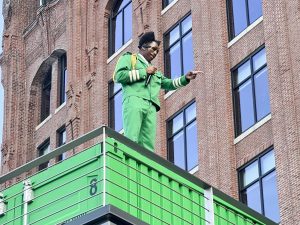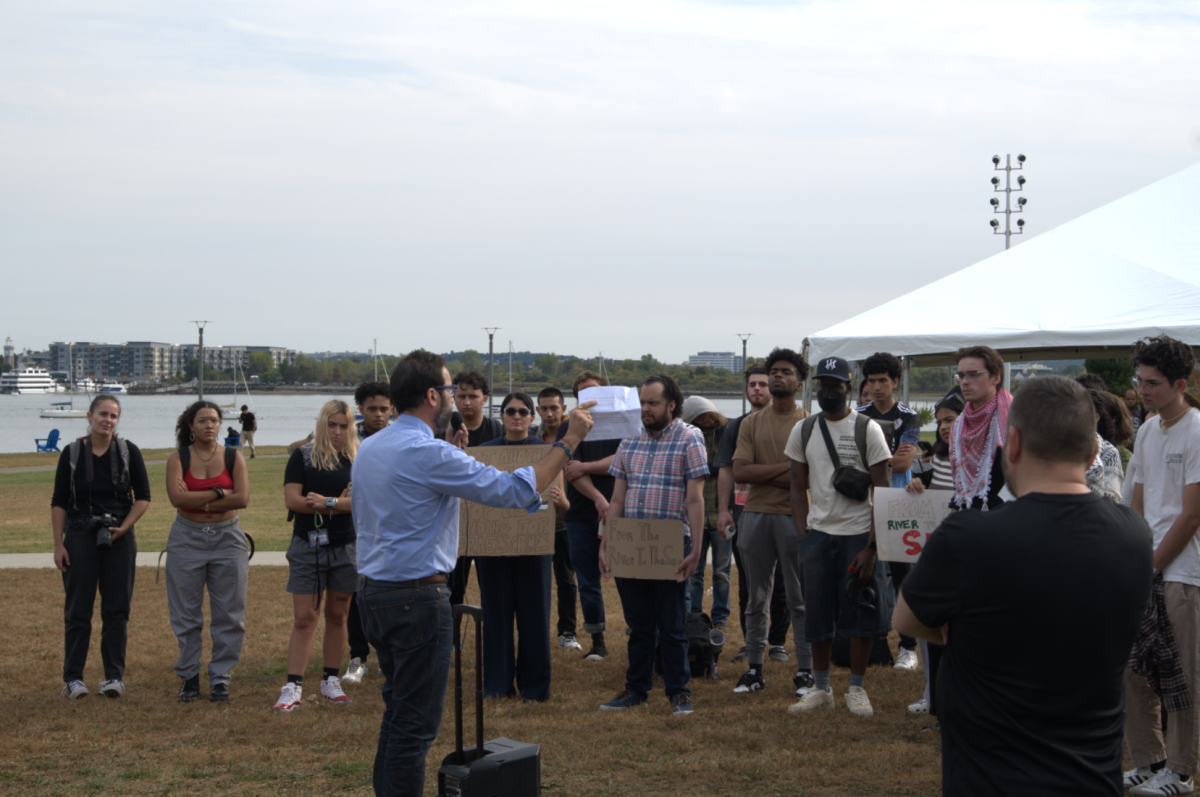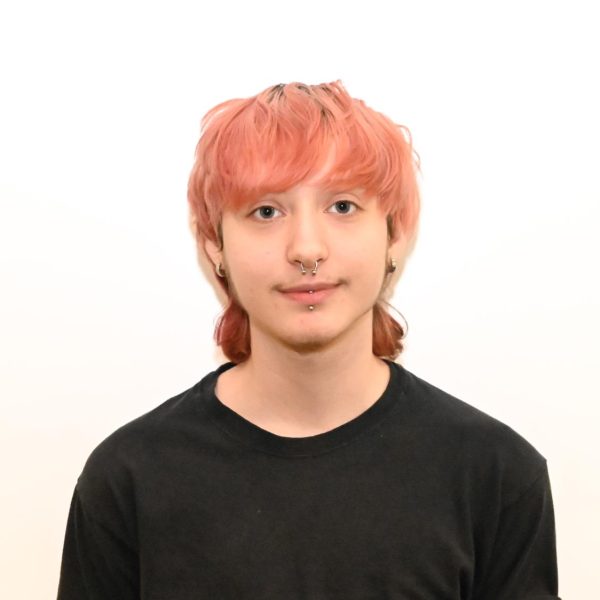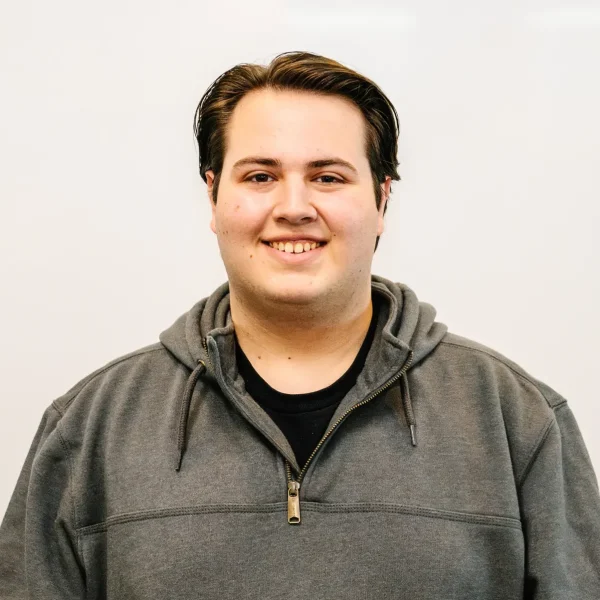“No new school year in Gaza” has been the focus of UMass Boston’s chapter of Students for Justice in Palestine this fall, as well as the focus of SJP President Maryam Shehadeh’s speech at Tuesday’s SJP speak-out. The group also announced a week of action at the beginning of October — the one year anniversary of the Hamas attack on Oct. 7, 2023 — with more details to follow.
The week of action is also to draw attention to the recent attacks in Lebanon, where thousands were injured and at least nine killed by exploding pagers and radios, and to the self-immolation of Matt Nelson outside of the Israeli Consulate in Boston Sept. 11.
Before the speeches began, students and faculty made signs that read, “fund education, not genocide,” “21,000 children killed; none had a gun,” and “bombing kids in hospitals is an act of terrorism,” among others.
Shehadeh also led the crowd in pro-Palestinian chants before her speech. “From the river to the sea, Palestine will be free! From the sea to the river, Palestine will live forever!” participants chanted.
In her speech — the first of four that day — Shehadeh emphasized the contrast between students’ comfortable life in Boston and the daily lives of Gazans, as well as the duty that students have to speak up about Palestine.
“Our voices — the voices of people who are fighting for our dignity and freedom — are being drowned out and ignored,” she said, later adding, “the fight for Palestinian freedom is a global issue, and we must not stop fighting and speaking out until we achieve victory.”
Jana Elshafey, the vice president of SJP and a Palestinian student herself, spoke next.
“The news of bombing affects us directly, and for better or for worse, Palestinian students feel guilty living so far away,” she said. She also encouraged the audience to not give up hope.
Max Herschman, the Jewish liaison for SJP, focused his speech closer to home, on the concrete action he believes students at UMass Boston should take.
He called on students to “get organized” and “make it clear to administrators, not just on our campus but all over the world, that nothing can stop us from demanding they cut all ties with the Zionist entity known as Israel.”
He also referenced the recently updated protest and demonstration policy, which Herschman said are “meant to silence us; meant to force us to go through even more hoops and hurdles just to speak out on the campus we pay thousands of dollars to be on.”
“It is no longer enough to post on your story. It is no longer enough to just wear your keffiyeh to school. Some 40,000 Palestinians have died since the beginning of this genocide — it’s time to get involved. It’s time to take action,” he concluded.
Finally, Dr. Keith Jones, a professor of Africana studies at UMass Boston, connected the “indiscriminate killing” of Gazans abroad to police brutality and militarization in the United States.
He began his speech with an acknowledgement of the recent Al-Tabaeen massacre, in which an Israeli strike killed over 100 Palestinians taking shelter in a Gazan school, according to ABC. “Families were being handed body parts of their loved ones because that’s all that remains,” Jones said.
Jones also referenced the recent police shooting in New York City, where an officer shot and injured four people, including another officer, in pursuit of someone who had evaded the $2.90 subway fare, CBS reported.
As Jones began to speak about “anti-Arab and anti-Muslim” hatred, an onlooker interjected “and anti-Christian, anti-anyone that’s not Jewish” adding that he felt that the protest was getting “into political sides a little bit.” As other attendees began to interrupt him, he said “I think I know a little bit more about the situation. I lived there for five years,” before walking away. Jones appended “and other racisms” to his statement before continuing.
“Gaza is not a metaphor, and yet we are all Palestinians,” Jones repeated three times, concluding, “We are all Palestinians, and we have nothing to lose but our chains.”





